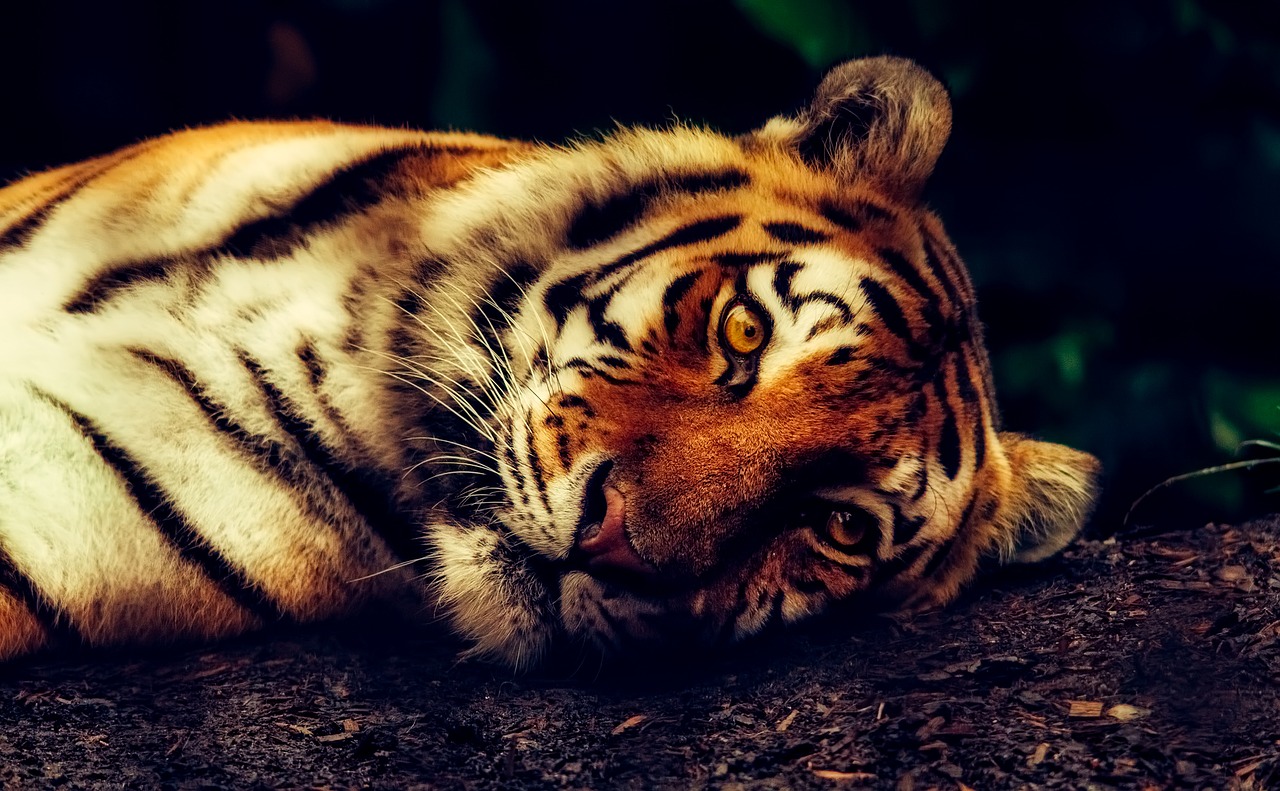Transcript below by TEDx
I want to lead here by talking a little bit about my credentials to bring this up with you, because, quite honestly, you really, really should not listen to any old person with an opinion about COVID-19. (Laughter) So, I’ve been working in global health for about 20 years, and my specific technical specialty is in health systems and what happens when health systems experience severe shocks. I’ve also worked in global-health journalism.
I’ve written about global health and biosecurity for newspapers and web outlets, and I published a book a few years back about the major global health threats facing us as a planet. I have supported and led epidemiology efforts that range from evaluating Ebola treatment centers to looking at transmission of tuberculosis in health facilities and doing avian influenza preparedness. I have a master’s degree in International Health. I’m not physician. I’m not a nurse. My specialty isn’t patient care or taking care of individual people.
My specialty is looking at populations and health systems – what happens when diseases move on the large level. If we’re ranking sources of global-health expertise on a scale of 1 to 10 – 1 is some random person ranting on Facebook, and 10 is the World Health Organization – I’d say you can probably put me at like a 7 or an 8. So, keep that in mind as I talk to you.
I’ll start with the basics here because I think that’s gotten lost in some of the media noise around COVID-19. So, COVID-19 is a coronavirus, and coronaviruses are a specific subset of virus, and they have some unique characteristics as viruses. They use RNA instead of DNA as their genetic material, and they’re covered in spikes on the surface of the virus, and they use those spikes to invade cells. Those spikes are the corona in coronavirus. COVID-19 is known as a novel coronavirus because, until December, we’d only heard of six coronaviruses. COVID-19 is the seventh. It’s new to us, it just had its gene sequencing, it just got its name – that’s why it’s novel.
If you remember SARS – severe acute respiratory syndrome – or MERS – Middle East respiratory syndrome, those were coronaviruses, and they’re both called respiratory syndromes because that’s what coronaviruses do. They go for your lungs. Don’t make you puke, they don’t make you bleed from the eyeballs, they don’t make you hemorrhage, they head for your lungs.
COVID-19 is no different. It causes a range of respiratory symptoms that go from stuff like a dry cough and a fever all the way out to fatal viral pneumonia. And that range of symptoms is one of the reasons it’s actually been so hard to track this outbreak. Plenty of people get COVID-19, but so gently, their symptoms are so mild that they don’t even go to a health care provider. They don’t register in the system.
Children, in particular, have it very easy with COVID-19, which is something we should all be grateful for. Coronaviruses are zoonotic, which means that they transmit from animals to people. Some coronaviruses, like COVID-19, also transmit person to person. The person-to-person ones travel faster and travel farther, just like COVID-19.
Zoonotic illnesses are really hard to get rid of because they have an animal reservoir. One example is avian influenza, where we can abolish it in farmed animals, in turkeys, in ducks, but it keeps coming back every year because it’s brought to us by wild birds. You don’t hear a lot about it because avian influenza doesn’t transmit person to person, but we have outbreaks in poultry farms every year all over the world. COVID-19 most likely skipped from animals into people at a wild animal market in Wuhan, China.
Now for the less basic parts. This is not the last major outbreak we’re ever going to see. There’s going to be more outbreaks, and there’s going to be more epidemics. That’s not a maybe; that’s a given. And it’s a result of the way that we, as human beings, are interacting with our planet. Human choices are driving us into a position where we’re going to see more outbreaks.
Part of that is about climate change and the way a warming climate makes the world more hospitable to viruses and bacteria. But it’s also about the way we’re pushing into the last wild spaces on our planet. When we burn and plow the Amazon rain forest so that we can have cheap land for ranching, when the last of the African bush gets converted into farms, when wild animals in China are hunted to extinction, human beings come into contact with wildlife populations that they’ve never come into contact with before, and those populations have new kinds of diseases: bacteria, viruses – stuff we’re not ready for. Bats, in particular, have a knack for hosting illnesses that can infect people. But they’re not the only animals that do it. So as long as we keep making our remote places less remote, the outbreaks are going to keep coming.
Full transcript here
CoronaVirus and Responsible Travelling PUTTING PEOPLE FIRST
Listen to Earth Chats on Spotify




